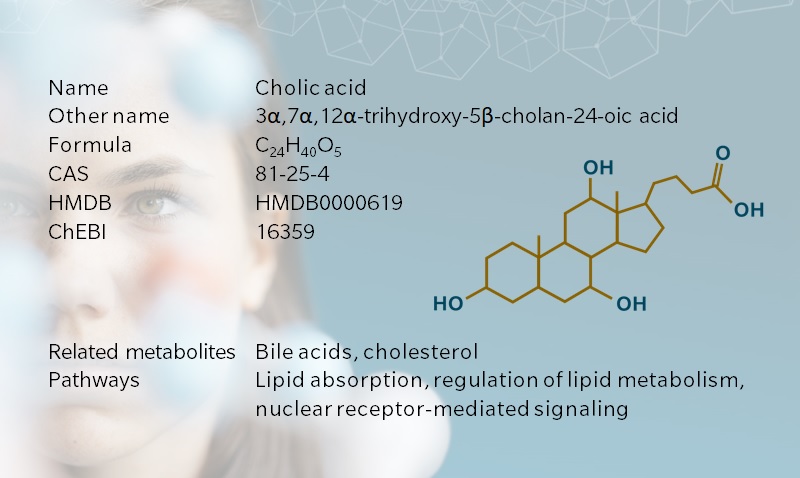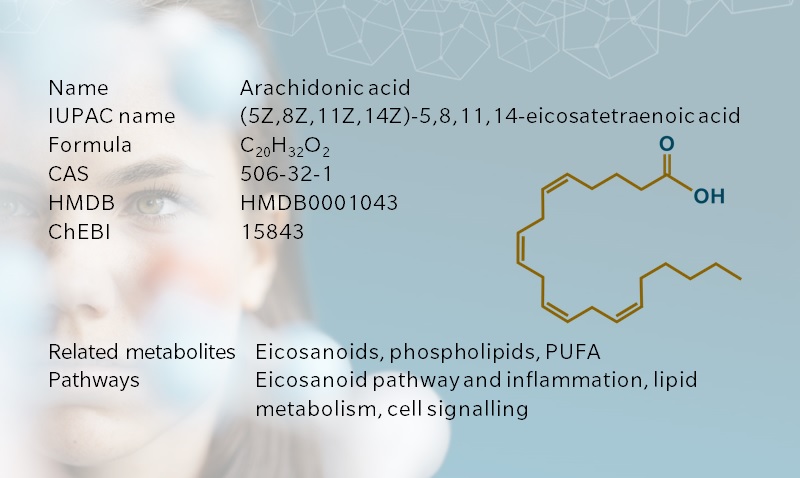
biocrates blog
Applications of metabolomics
Modulating gut microbiota with prebiotics could control type 2 diabetes
Modulation of gut microbiota with prebiotic Fructooligosaccharides (FOS) led to discovery of two novel enterosynes (12-HETE and enkephalin), with potential to control type 2 diabetes
Commentary – A current view on steroid hormones
Although they are only present in low concentration in our bodies, steroid hormones play a crucial role in a variety of biological processes. This article reflects recent studies on the topic.
Giardia lamblia alters bile acid secretion in mice
A neonatal mouse model demonstrated that G. lamblia infection altered the composition of the gut microbiome and enhanced bile acid secretion and deconjugation.
Blood-based score objectively captures dietary patterns
A blood-based predictive metabolomics score provides a tool linking dietary patterns to risk of diabetes that can be used to objectively assess dietary intake.
Microbiome instability and host metabolic dysfunctions
Plasma metabolome and microbiota profiles from the SHIP cohort link microbiome instability to liver steatosis, diabetes mellitus, and pancreatic dysfunction
Circulating metabolites shed light on mechanism of action
The changes in circulating metabolites induced by a multi-AGC kinase inhibitor in mice and patients may contribute to better understand its mechanism of action.
Pan-Cohort Metabolomics – The future of population health
Epidemiological research contributes greatly to our understanding of what constitutes healthy aging. Cohort studies hold the key to identifying risk factors for common diseases. Metabolomics is a valuable tool to make cohort studies successful.
Cholic acid – a signaling molecule
The metabolite of this month is cholic acid, of the the bile acid class. Notorious for their role in digestion, they are also powerful regulators of metabolism.
Arachidonic acid – Essential fatty acid with key roles in inflammation and cell signaling
The metabolite of this month is arachidonic acid, a polyunsaturated fatty acid at the crossroads between inflammation, athlete training and the latest COVID-19 research.
Prediction of cancer survival rate with metabolomics
Metabolomics can be combined with clinical data for the prediction of patient survival after anti-tumor treatment.










